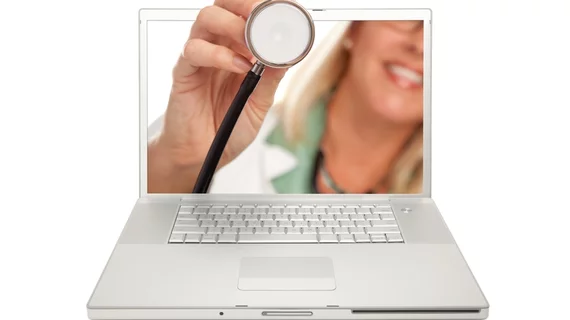Digital solution for heart failure gains FDA’s breakthrough device designation
Biofourmis, a Boston-based virtual care company, has received the FDA’s breakthrough device designation for its new digital therapeutic for heart failure.
The software solution, BiovitalsHF, helps patients follow recommended treatment guidelines by monitoring their health data, connecting them directly to healthcare providers and personalizing their treatment as necessary. According to Biofourmis, it is the first digital therapeutic focused on heart failure to gain this designation from the FDA.
“BiovitalsHF gets patients on the right therapies faster, which studies have shown helps save lives, prevents emergency department visits and hospital admissions, and enables patients to have a better quality of life,” cardiologist Maulik Majmudar, MD, chief medical officer and co-founder of Biofourmis, said in a prepared statement. “The FDA Breakthrough Devices program was created to help bring effective treatment of life-threatening or irreversibly debilitating conditions to market sooner, and BiovitalsHF is a perfect candidate for this program due to its clinical importance and impact.”
“If approved at the end of this expedited process, we look forward to introducing a new virtual heart failure care model that leverages the BiovitalsHF digital therapeutic to improve the use and dosing of guideline-directed medical therapy among patients with heart failure, for better patient outcomes and reduced healthcare expenditures,” added Kuldeep Singh Rajput, CEO and co-founder of Biofourmis.

